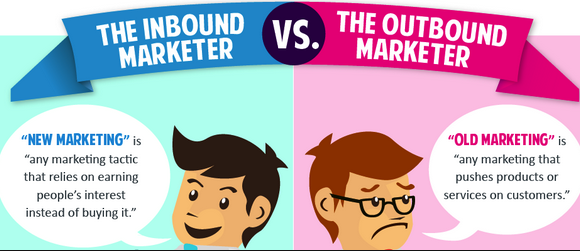

What Type of Accounting Practice Should I Develop?
| |
Surprisingly enough, most small accounting firms are not very strategic about the type of practice they build. And when I ask them, many accountants tell me they want clients who pay on time.
The typical accountant works as an apprentice for a larger firm to gain experience and knowledge before hanging out their own shingle but doesn't have well conceived insight into what types of clients are best, how to price, how to target their marketing, and which industries are ideal. Here are several insights on the type of practice to build and who you should target:
- Target small businesses, not individual tax clients. Avoid industries that need compliance oriented services (like audits and reviews).
- Target industries that are growing. Avoid shrinking industries.
- Target industries that have one owner firms, not 2-4 business partners.
- Avoid businesses with inventory.
- Avoid project work that requires you to travel to the client's worksite.
- Avoid industries that are unethical and never willing to pay taxes.
- Avoid outsourced controller engagements.
- Avoid tax resolution engagements and people who are not compliant with tax laws.
- Develop an accounting practice that others will want to buy.
- Incorporate technology into your practice and operate virtually.
- Insure your firm gets paid on autopilot, operates with accounts receivable below 3% of NS, and gets paid electronically.
For many seasoned accountants, this sounds logical but they struggle to abide by these principles.
Rather than get into the reasons why, here are several industries well worth targeting:
Mental Health Professionals - The mental health industry might not sound interesting but they are relatively simple businesses (typically on QBO), well educated and licensed, tax compliant (willing to pay taxes and not jeopardize their license), and predominantly single owner businesses. And willing to work with your practice virtually.
Mental health is a growing industry and often covered by health insurance plans. The professionals within this industry are licensed professionals operating as psychiatrists, psychologists, social workers, and substance abuse centers. And last, I don't see private equity firms trying to rollup this industry like medical practices and dental practices.
Here are examples of accountants capitalizing on this industry niche.

CPA Tax Accountants for Mental Health Counselors - Substance Abuse Centers - Social Workers

Fitness Centers - Med Spas - Health and Wellness Industry - Growth within the broader health and wellness industry are impossible to miss. Independently owned fitness centers, upscale med spas, massage parlors, hydration therapy, weight loss centers, and nutrition counselors are ripe with opportunity.
Here are examples:
Health Wellness CPA Tax Accountants - Fitness Centers - Med Spas - Hydration Therapy

CPA Accountants for Franchised Fitness Centers - Hair Salons - Beauty Treatments




